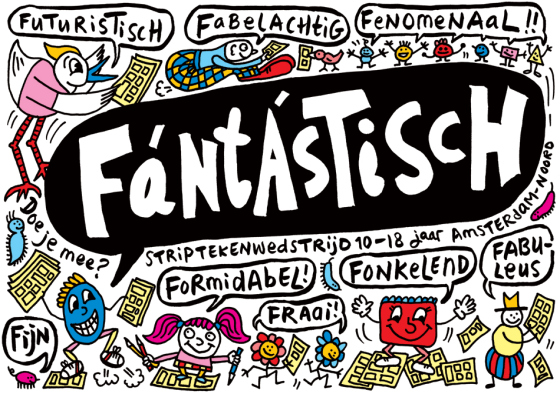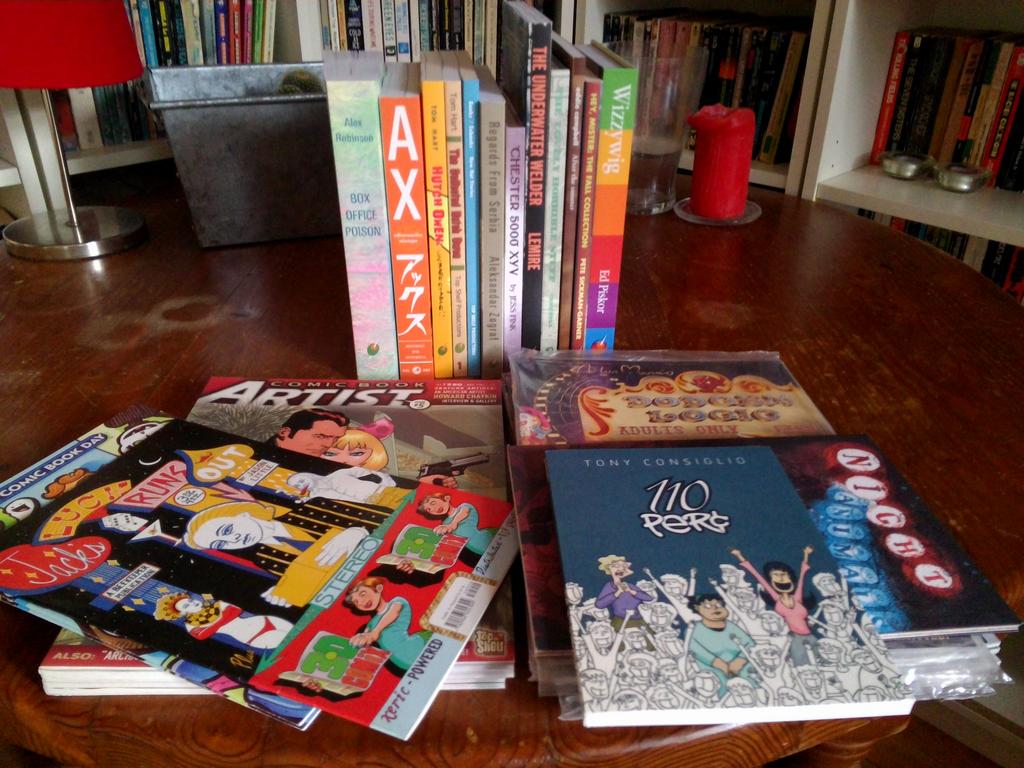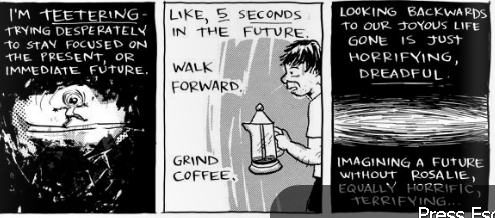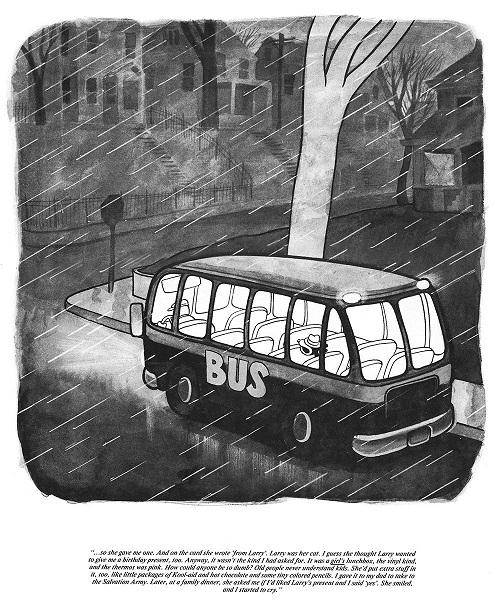In which I disagree (somewhat) with two of the Mighty Godking bloggers that aren’t Christopher Bird, blogged because for some reason I can’t leave comments there. First up, Jim Smith on the hype around Clark Kent leaving the Daily Planet and what the Superman titles have been missing:
What Superman needs, I think, is consistency. Not necessarily tighter continuity, but just a general sense that this is the same character as he was 70, 20, or even three years ago. 3 Any idiot can decide to have Clark Kent, the most famous newspaper reporter in fiction, quit the newspaper business because “print is dying” and Superman has better things to do. What would be far more interesting is to explain why Clark would remain a newspaper reporter in spite of reaching those conclusions, which have presumably crossed his mind long before this week.
Thing is, the last time the Superman titles had consistency instead of a series of stunt stories was in the early nineties, when the Comics Buyers Guide praised it for being so well crafted. That was just before Image and nobody actually bought them. It was only when they killed him off that people got interested in poor old Kal-EL again. No wonder then that DC learned stunts equal success, especially if you get the mainstream media on board. With Superman you can do that, because everything said and done he’s still Superman.
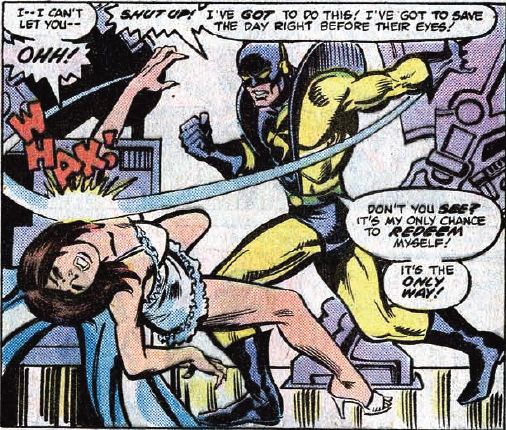
John Seavey meanwhile talks about Hank Pym the wife beater:
This isn’t to say that people should get over Hank’s actions and start liking the character or anything. The comment on io9 was totally valid. I’m certainly the last person to talk, seeing as how I haven’t been able to read a Batman comic ever since he used Brother Eye to murder a few thousand people and I still can’t stand Tony Stark, Iron Douchebag in the wake of ‘Civil War’, despite being explicitly told by Marvel’s editorial staff that his brain has been rebooted and I should just forgot he did all that imprisoning and murdering. So yeah, I can totally get how some fans can’t really get past Hank Pym slapping his wife around for trying to stop him from creating a killer robot to defeat all the Avengers to make him look good. (Because that couldn’t possibly go wrong.)
As I said last year, I liked the original Shooter story but hate how that has since defined the character, ever since Bendis and co decided this was how they could show their psychologicial insight and Serious Writer credentials. So this incident was upgraded to domestic abuse, when it really was the standard “superhero loses his mind, attacks teammates, has to win back their trusts” plotline and had long since been resolved. To make this bit of superhero soap opera into some serious statement about domestic abuse I can’t think but be a bit insulting to real life victims of it. It’s cheap, nasty and boring to keep coming back to this.
(Yes, technically Hank is a wifebeater as he hit the Wasp, but there was also the time he beat up Thor and Iron Man and the other Avengers because he’d gotten crazy again and nobody has been writing angsty stories about the time he battered his friends. You can write serious stories about domestic abuse, even with superheroes, but this isn’t how you go about it. It’s all part of that faux realism Marvel has been gorging itself on for the past decade where realism is brown and superheroes are no more than glorified bureaucrats.)
